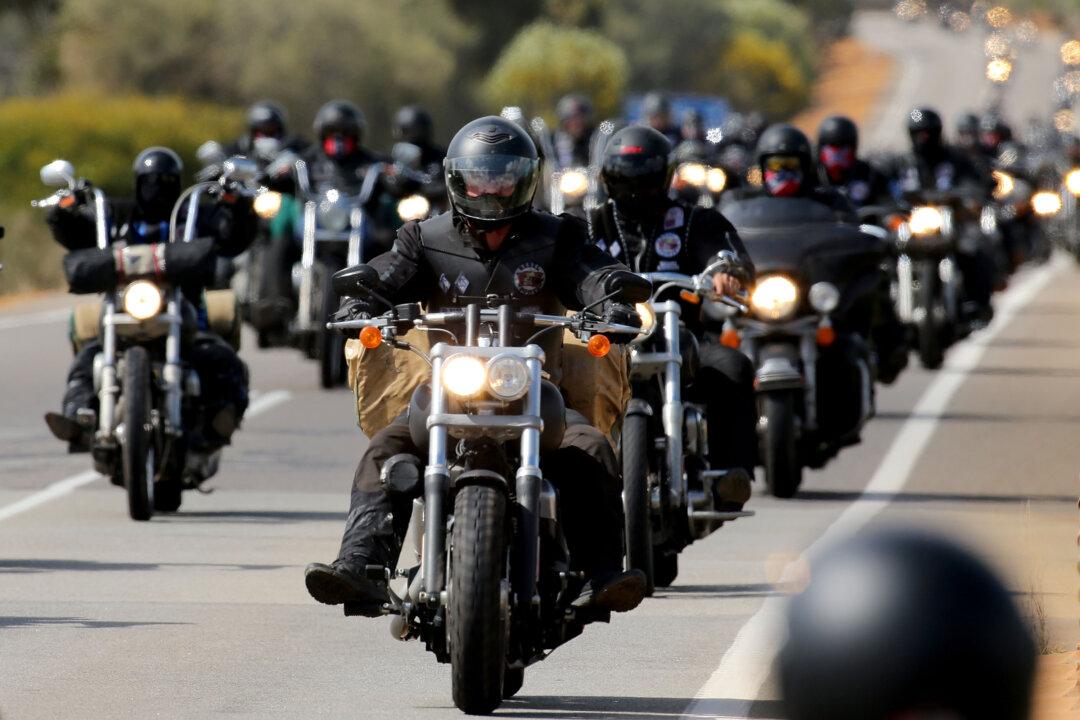The Victorian government is taking tough measures against outlaw bikie gang members with plans to strip them of club colours, patches, and symbols.
The recommendations were made after an independent review of Victoria’s Criminal Organisations Control Act 2012 found that current measures fail to tackle organised crime.




